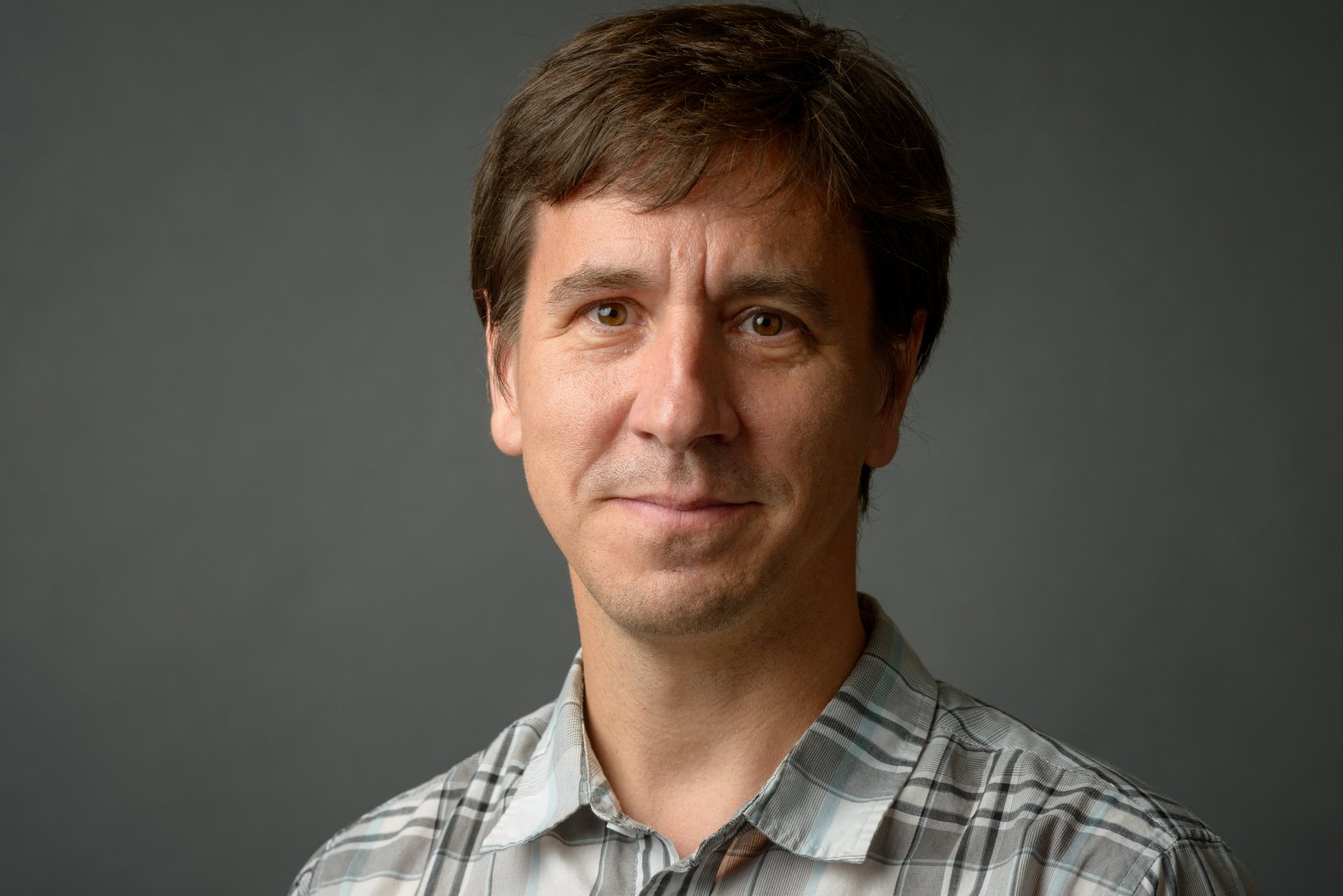Dr James Card believes that if you train medical residents in rural communities, they will stay.
That’s the premise of the University of British Columbia’s (UBC) Rural Immersion Program, which started July 1, 2024, and offers a different twist to a traditional residency. Rather than placing learners in large referral centres with some rotation in a smaller community, residents learn in a smaller community and visit specialists in larger hubs when needed.
Four students started their medical residency this past summer in Smithers, Quesnel, Vanderhoof, and Chetwynd/Tumbler Ridge.
“It’s a well-established pattern that if you introduce students and residents to a community, those are your future recruits,” says Dr Card, a family physician in Valemount and site director for UBC’s Northern Rural—Prince George and Rural Immersion Family Practice Residency programs.

Pictured: Dr James Card
Dr Card is also a member of Northern Interior Rural Division of Family Practice and Rural Coordination Centre of BC and sits on the Joint Standing Committee on Rural Issues as Doctors of BC co-chair.
“My hope with this program is we will start to get learners into hard-to-recruit-to places and those learners will evolve into the next physicians in those communities,” he says.
The Rural Immersion Program ensures the resident develops competency in a low-resource rural hospital setting, including the Emergency Department and inpatient care. They also form strong interdisciplinary health care teams.
“In our smallest rural communities, everyone is housed in a single facility, so they truly are a team because they are face to face interacting daily,” Dr Card says, adding that learners develop relationships by fishing with the licensed practical nurse or hiking with the medical office assistant (MOA).
“You drop a learner into this for two years and that learner is part of that team,” he says. “When they’re at the work site and training, that relationship underpins the work environment. One of the big challenges in traditional learning is there are hierarchies that can be damaging from a wellness perspective and inhibit learning.”
Prior to the Rural Immersion Program, there were four residency programs in northern BC: two in Prince George, and one each in Terrace and Fort St. John. There was a push for expansion UBC-wide, but Dr Card says, “everybody was saturated, we couldn’t really open up more seats without sacrificing the quality of the training that was happening.”
Dr Card says learners will seek out popular places they already know about like a ski town or somewhere in the Okanagan so those places will get more exposure. The Rural Immersion Program puts learners into locations where they are desperately needed—with a goal of supporting them to stay as a physician.
The program has resulted in a new resident in Chetwynd, an area that Dr Card says is “very challenging to recruit to and relies heavily on return-to-service doctors.” The resident chose to be there and even bought a house. Another resident lives in Smithers with her family.
“She can train there and it’s actually far better because it’s so specific to where she’s going to work,” says Dr Card.
It makes sense, he says, for a learner who plans to work in a small community to train in one of similar size because they know what they’ve got to work with. If a learner does a rotation in emergency medicine in Vancouver General and then goes to a small community, they would likely be frustrated by the lack of a CT scan, trauma team, or respiratory therapist.
“This program is really designed to teach not just the medical skills but to teach them within a context that we hope is congruent with a resident’s ultimate practice goals,” Dr Card says. “If they plan to work in a small community, the training will not only be as good, but it will be better.”
